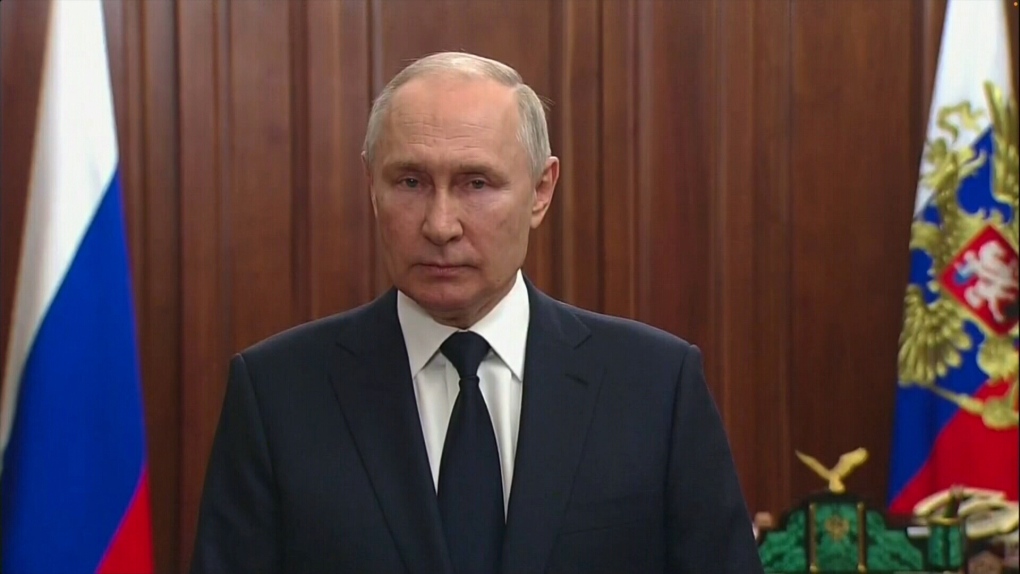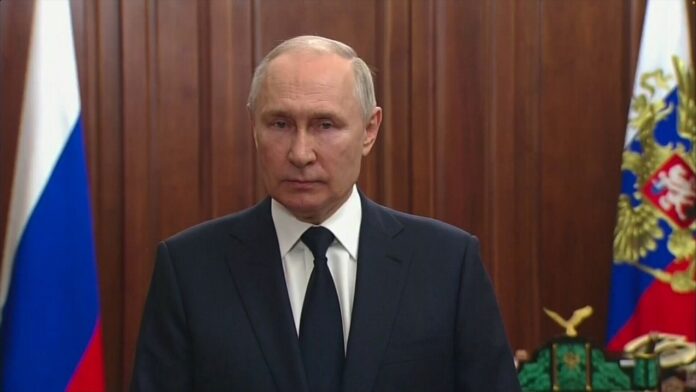
In a significant development, the Kremlin announced on Monday that Russian President Vladimir Putin had a meeting with Yevgeny Prigozhin, the chief of the private military company Wagner, on June 29. This meeting took place just five days after the Wagner group initiated a brief and unsuccessful rebellion as they marched towards Moscow.
According to Kremlin spokesperson Dmitry Peskov, Putin invited 35 individuals to the meeting, including unit commanders, which lasted for approximately three hours. During the meeting, the Wagner commanders pledged their loyalty to Putin, affirming that they were his soldiers and would continue fighting on his behalf.
The short-lived mutiny, led by Yevgeny Prigozhin, resulted in Wagner fighters briefly taking control of the southern city of Rostov. This uprising presented Putin with one of the most serious challenges to his leadership since assuming power as Russia’s paramount leader at the end of 1999.
The crisis was defused through a deal brokered by Belarusian President Alexander Lukashenko. Since then, Putin has expressed gratitude to his armed forces and security services for averting chaos and the threat of civil war.
Prigozhin, in his statements, clarified that the mutiny was not aimed at overthrowing the government but rather at holding the army and defense chiefs accountable for what he referred to as their mistakes and unprofessional actions in Ukraine.
Under the terms of the agreement, Prigozhin was supposed to depart for Belarus. However, last week Lukashenko revealed that Prigozhin had returned to Russia, casting doubt on the relocation of Wagner fighters to Belarus and raising questions about the implementation of the initial agreement.
The meeting between Putin and Prigozhin, coming shortly after the rebellion, highlights the significance of addressing the situation and reaffirming loyalty within the security apparatus. The Kremlin’s acknowledgment of this meeting sheds light on the intricate dynamics surrounding the Wagner group and its relationship with the Russian government.
As further details emerge, it remains crucial to closely monitor the aftermath of the failed rebellion, including any potential repercussions, changes in security strategies, and the ongoing relationship between the Kremlin and private military companies like Wagner.
The failed uprising has once again underscored the complex challenges faced by Putin’s administration and the need for continued vigilance in maintaining stability and ensuring the loyalty of armed forces within the Russian Federation.
Sources By Agencies



